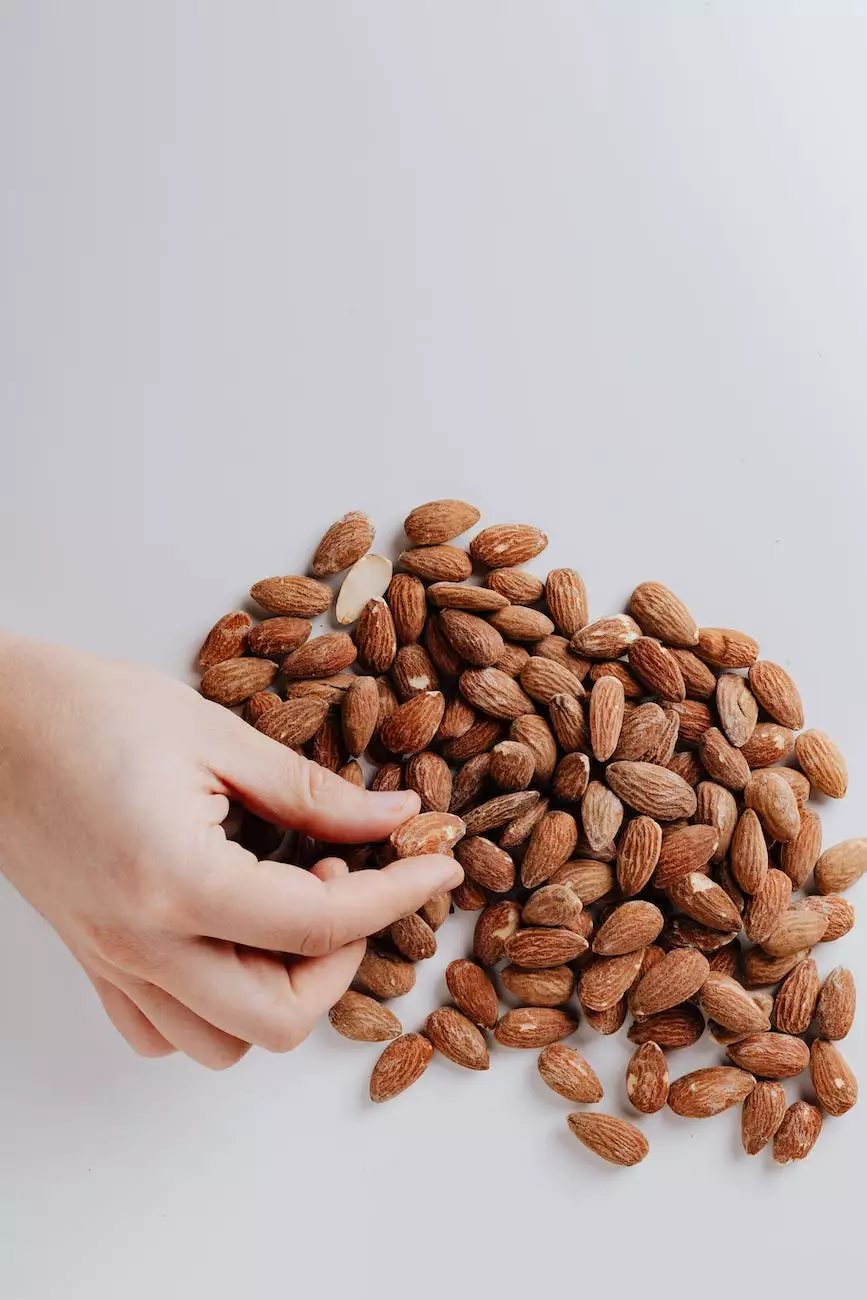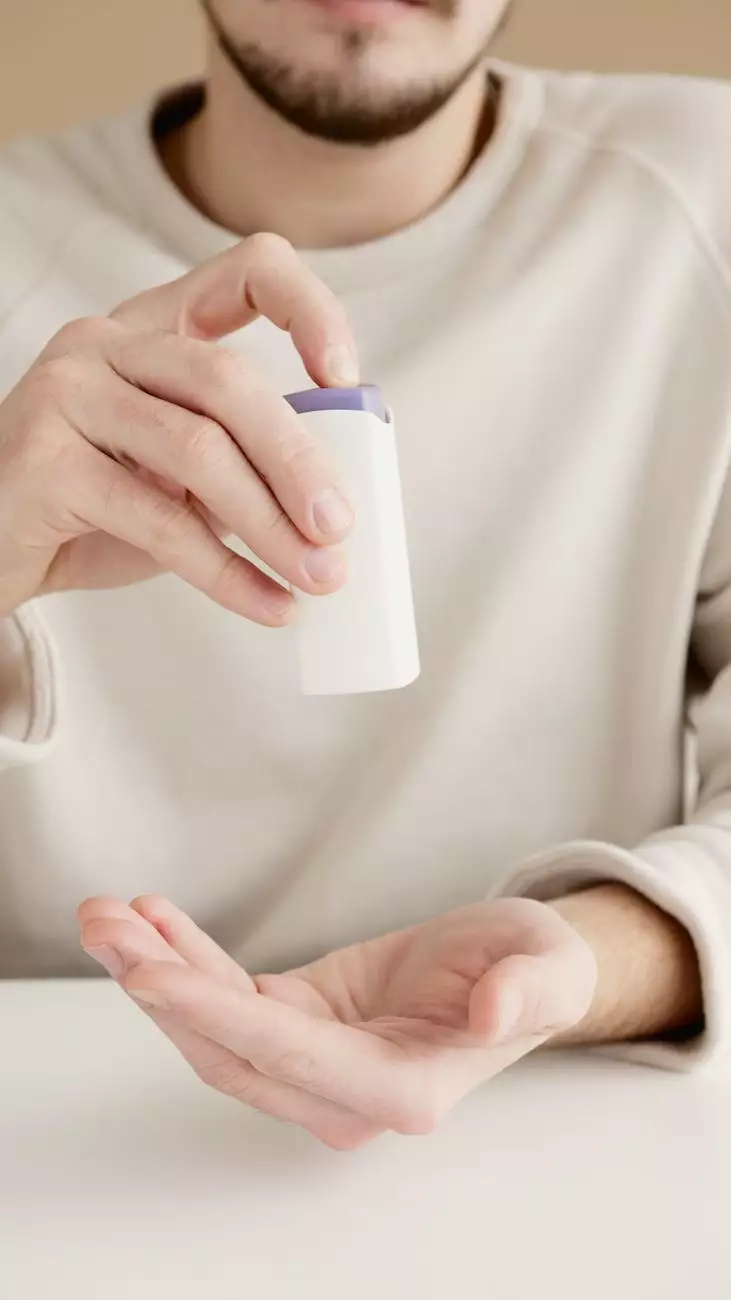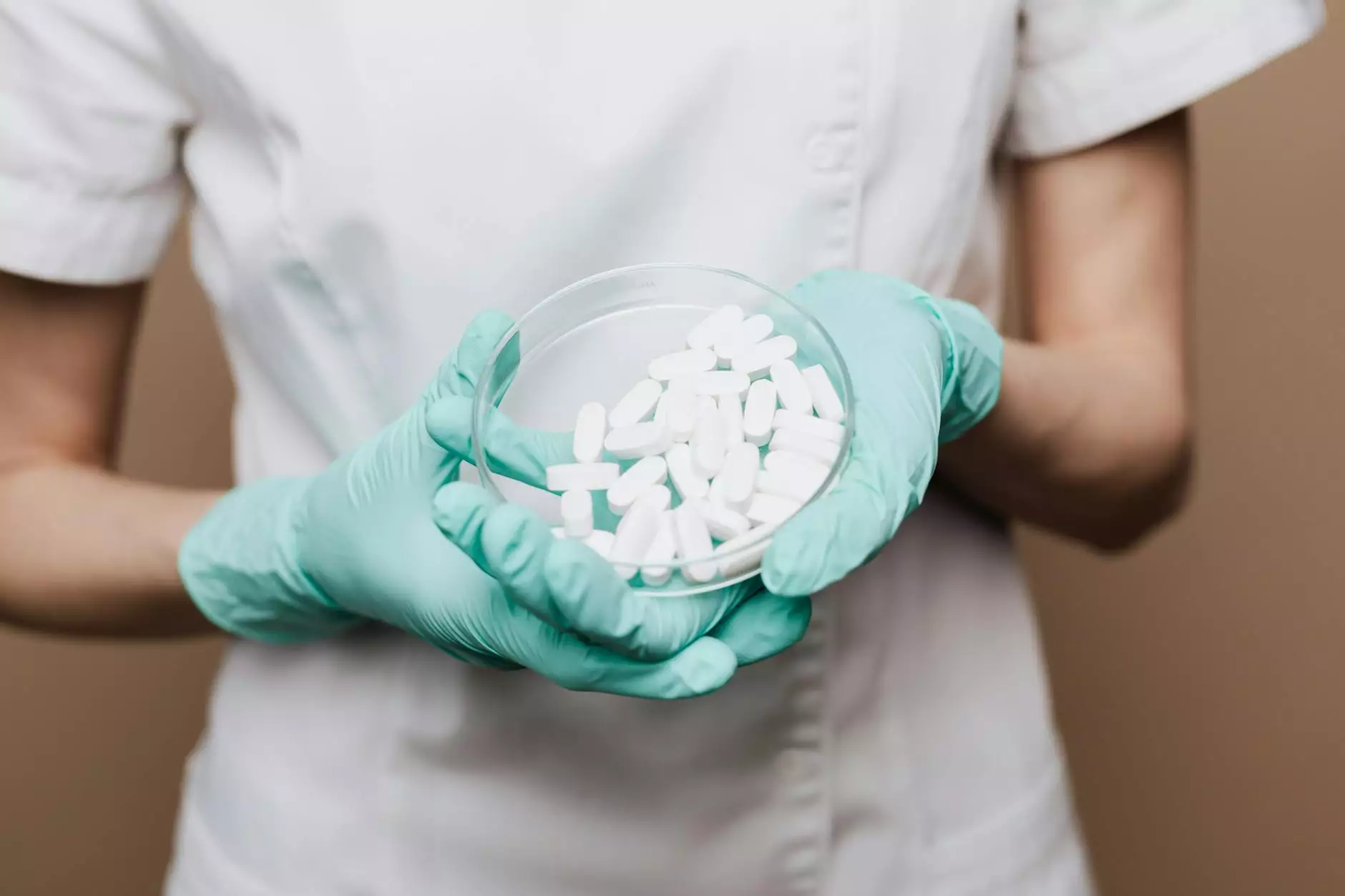Healthy Foods to Eat After Angioplasty
Services
Your Guide to a Speedy Recovery and Heart Health
Welcome to Benjamin Shettell, MD at Fusion Healthcare Redding. We understand the importance of a healthy diet after undergoing an angioplasty procedure. In this comprehensive guide, we will provide you with valuable information about the best foods to eat post-angioplasty. By incorporating these nutrient-rich foods into your diet, you can promote a speedy recovery and maintain heart health for years to come.
The Importance of a Healthy Diet
Following an angioplasty, it is crucial to embrace a healthy lifestyle, with a particular emphasis on a well-balanced diet. Consuming the right foods can help protect your heart, prevent further plaque buildup, and enhance the overall effectiveness of the procedure. Maintaining a healthy weight, blood pressure, and cholesterol levels are additional benefits of a heart-healthy diet.
Understanding Angioplasty
Before we delve into the specifics of a healthy diet, let's briefly understand what angioplasty entails. Angioplasty is a minimally invasive procedure used to treat narrowed or blocked coronary arteries. It involves the insertion of a small balloon-like device into the affected blood vessel, which is then inflated to widen the artery and restore blood flow. While angioplasty is highly effective, a healthy diet is vital for optimal recovery.
Nutrients for a Speedy Recovery
After angioplasty, your body needs ample nutrients to support the healing process. Here are some essential nutrients and their food sources that can aid in your recovery:
1. Omega-3 Fatty Acids
Omega-3 fatty acids are known for their heart-protective benefits. Foods rich in omega-3s include fatty fish like salmon, mackerel, and sardines. Vegetarian sources include flaxseeds, chia seeds, and walnuts.
2. Fiber
A high-fiber diet aids in maintaining healthy cholesterol levels and preventing constipation, both important factors in post-angioplasty care. Include whole grains, legumes, fruits, and vegetables in your diet to ensure an adequate fiber intake.
3. Antioxidants
Antioxidants protect your heart by reducing inflammation and preventing damage caused by free radicals. Colorful fruits and vegetables, such as berries, spinach, kale, and bell peppers, are excellent sources of antioxidants.
4. Lean Protein
Protein is essential for muscle recovery and healing after angioplasty. Opt for lean sources such as skinless poultry, fish, tofu, beans, and Greek yogurt. Limit your consumption of red meat and high-fat dairy products.
5. Healthy Fats
Replace unhealthy saturated and trans fats with healthier options like avocado, olive oil, nuts, and seeds. These fats lower bad cholesterol levels and promote heart health.
Hydration and Heart Health
Staying properly hydrated is vital for a healthy heart and overall well-being. Ensure you drink enough water throughout the day. Hydration can also be supplemented by consuming herbal teas, fruits, and vegetables with high water content, such as cucumber and watermelon.
Recommended Portion Sizes
While it's important to incorporate nutritious foods into your diet, portion control is equally essential. Here are some general guidelines for portion sizes:
- Protein: Aim for 3-4 oz of lean protein per meal.
- Fruits and Vegetables: Include 1-2 cups of non-starchy vegetables and 1-2 servings of fruits every day.
- Whole Grains: Consume 1-2 servings of whole grains, such as brown rice, quinoa, or whole-wheat bread.
- Dairy: Choose low-fat or fat-free dairy products and limit intake to 1-2 servings per day.
- Fats: Consume healthy fats in moderation, aiming for approximately 1-2 tablespoons per meal.
Consultation with a Registered Dietitian
As each individual's dietary needs may vary, it is highly recommended to consult with a registered dietitian who can customize a diet plan suitable for your specific requirements. They will consider factors such as any pre-existing conditions, medications, and personal preferences to create a personalized diet that optimizes your heart health and recovery.
Conclusion
In conclusion, adopting a well-balanced diet rich in nutrients is crucial for a speedy recovery and long-term heart health after angioplasty. Incorporating omega-3 fatty acids, fiber, antioxidants, lean protein, healthy fats, and staying hydrated are key aspects to focus on. Follow these guidelines along with regular exercise and medications as prescribed by your healthcare provider, and you will be on your way to a healthier, stronger heart. At Benjamin Shettell, MD at Fusion Healthcare Redding, we are here to guide you on your journey towards optimal heart health. Contact us today to learn more about how we can support your recovery and provide personalized care tailored to your needs.










